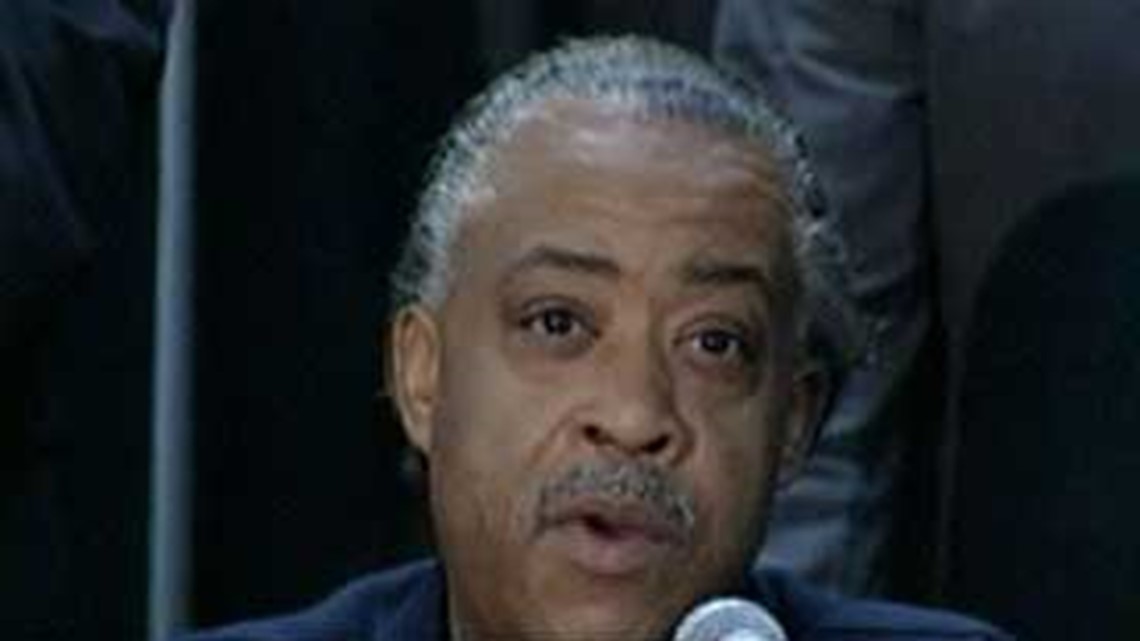INDIANAPOLIS — Indiana Attorney General Todd Rokita announced Thursday that civil investigative demands have been sent to eight additional attendees of a Facebook meeting in 2019 as part of an ongoing investigation into censorship practices by big tech companies, including Amazon, Apple, Facebook, Google and Twitter.
The latest civil investigative demands apply specifically to Facebook, and are directed to people believed to have participated in the 2019 meeting with Facebook CEO Mark Zuckerberg and other Facebook executives.
According to a release from Rokita's office, those eight are:
- Al Sharpton — founder/president of National Action Network
- Kristen Clarke — former leader of the Lawyers’ Committee for Civil Rights Under the Law
- Rashad Robinson — president of Color of Change
- Farhana Khera — president/executive director of Muslim Advocates
- Derrick Johnson, president/CEO of the NAACP
- Sherrilyn Ifill — president/director-counsel of the NAACP Legal Defense and Education Fund
- Marc Morial — president/CEO of the National Urban League
- Janet Murguia — president/CEO of UnidosUS


Clarke is now a nominee to lead the U.S. Department of Justice Civil Rights Division.
The eight individuals are not themselves targets of Rokita's investigation, but are believed to have relevant information about what was discussed with Facebook leaders.
Also reportedly present at the 2019 fall meeting with Facebook executives was Associate U.S. Attorney General Vanita Gupta, who at the time of the meeting was leading The Leadership Conference.
At the meeting, Gupta and others urged Facebook to adopt “more rigorous rules and enforcement,” to use Gupta’s words as quoted in "Time." Gupta, according to the "Time" article cited by Rokita, stressed that it was important for social media platforms to be “tagging things and taking them down.”
"Time" reported the meeting occurred when the nine civil rights leaders were invited to Zuckerberg's home for dinner in November 2019.
Rokita's office already served a civil investigative demand to Gupta at the same time it launched its investigation into the big tech companies in April. Like the eight other individuals at the 2019 Facebook meeting, Gupta is not herself a target of Rokita's investigation.
Civil investigative demands, like subpoenas and the discovery process in litigation, include the ability to ask interrogatories and request documents to further the investigation and determine whether or not to file a lawsuit.
Rokita's goal in filing the demands will be to ascertain whether any of the five companies have potentially harmed Indiana consumers through "business practices that are abusive, deceptive and/or unfair."
“In a free society, few assets are more important to consumers than access to information and the opportunity to express political viewpoints in meaningful forums,” said Rokita in announcing the investigative demands. “Hoosiers deserve to have a robust and open debate on the issues we’re confronting – and Big Tech shouldn’t get in the way by acting as arbiters of truth. When that happens, it chips away at our individual liberties.”
Rokita's office will examine whether tech companies have manipulated content in violation of the Indiana Deceptive Consumer Sales Act. Limiting consumers access to certain content or restricting their ability to interact on platforms in ways the companies do not publicly disclose or that consumers don’t fully understand could be potentially harmful.



